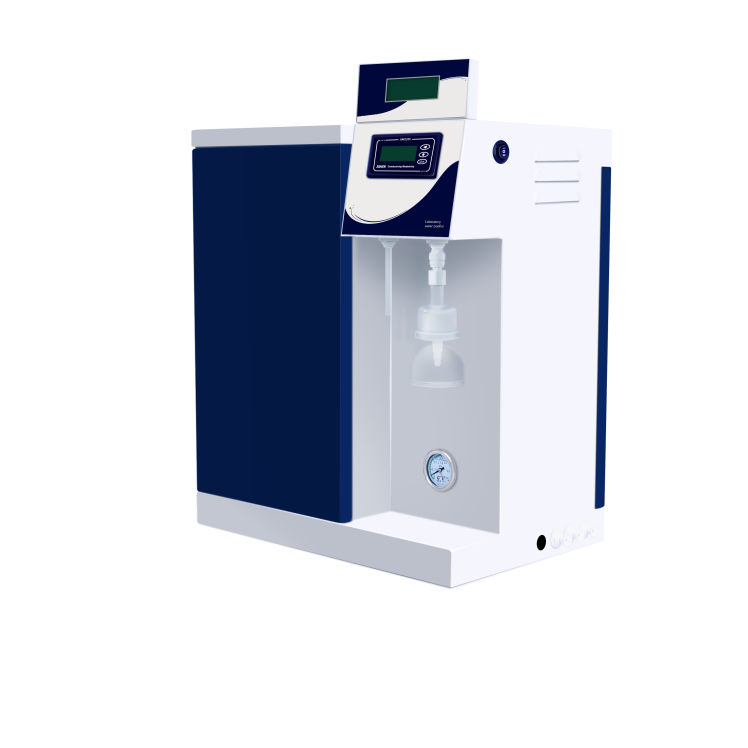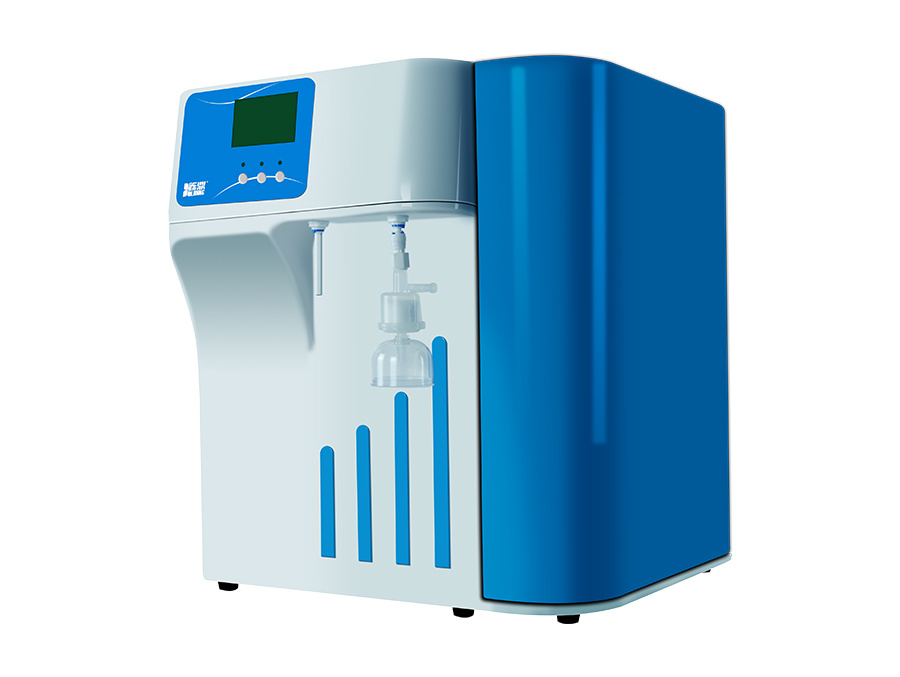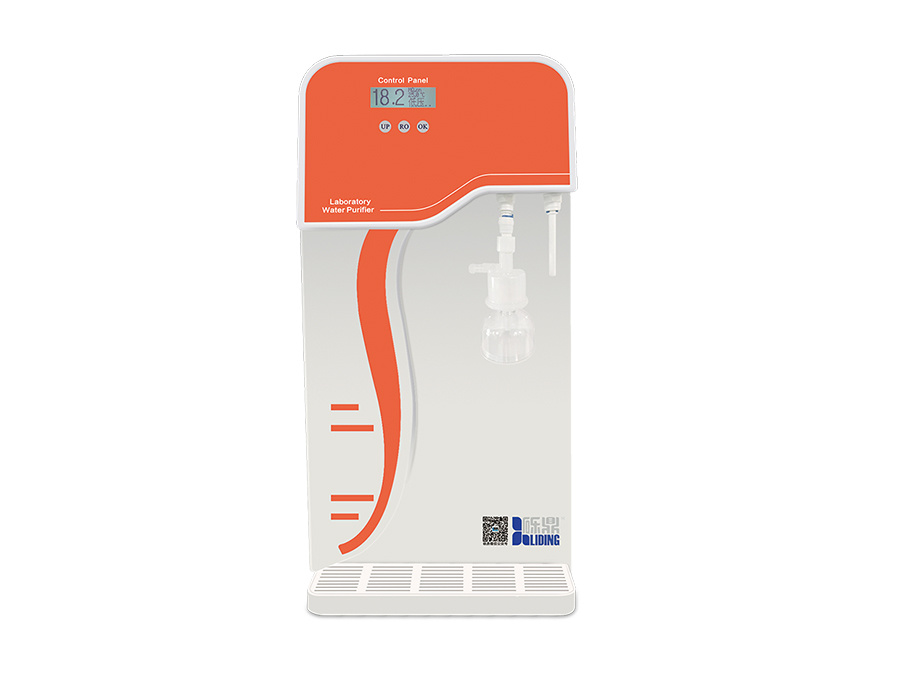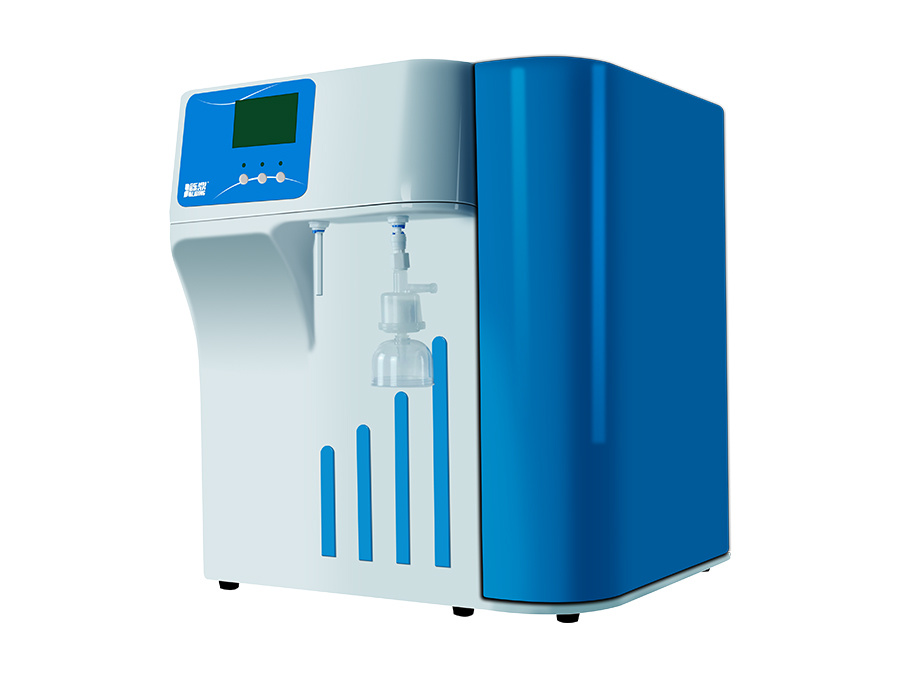Understanding Ultra Pure Water Systems: Essential Insights for Industrial Applications
Time:
Apr 29,2025
Ultra pure water systems are critical in numerous industrial applications, particularly in sectors such as pharmaceuticals, electronics, and power generation. These systems are designed to produce water with an extreme level of purity, often exceeding the standards set by regulatory bodies. The process of achieving ultra pure water involves several stages, where impurities are meticulously removed to ensure the final product meets stringent quality criteria.
The primary goal of an ultra pure water system is to eliminate contaminants that could compromise product quality or process efficiency. Common contaminants include dissolved salts, organic compounds, microbes, and particulate matter. To achieve the desired purity, ultra pure water systems typically employ a combination of filtration, ion exchange, reverse osmosis, and ultraviolet (UV) disinfection. Each of these processes plays a crucial role in removing specific types of impurities, ensuring that the water is not only pure but also suitable for critical applications.
One of the key advantages of using ultra pure water systems is their ability to enhance product quality. In the pharmaceutical industry, for instance, the presence of even trace amounts of impurities can lead to failure in drug formulation or contamination of sterile products. Similarly, in the semiconductor industry, ultra pure water is needed to rinse wafers and prevent defects that could affect the performance of electronic devices.
Moreover, ultra pure water systems contribute to operational efficiency. By minimizing the risk of equipment fouling due to impurities, these systems help reduce downtime and maintenance costs. Regular monitoring and maintenance of the ultra pure water system are essential to ensure its continued performance. This involves routine checks of the filtration media, ion exchange resins, and UV lamps, as well as conducting periodic water quality tests.
In addition to improving product quality and operational efficiency, ultra pure water systems are also a vital component in ensuring compliance with environmental regulations. Industries are increasingly under pressure to minimize their impact on the environment, and using ultra pure water can help in reducing waste generation and preventing the release of harmful substances into the environment.
In summary, ultra pure water systems are an integral part of many industrial processes. Their ability to produce water of exceptional purity not only safeguards product integrity but also enhances operational efficiency and environmental compliance. For businesses looking to stay competitive in their respective fields, investing in an ultra pure water system is a strategic move that pays dividends in the long run. Understanding the functionality and importance of these systems can help industry professionals make informed decisions about their water treatment needs.
The primary goal of an ultra pure water system is to eliminate contaminants that could compromise product quality or process efficiency. Common contaminants include dissolved salts, organic compounds, microbes, and particulate matter. To achieve the desired purity, ultra pure water systems typically employ a combination of filtration, ion exchange, reverse osmosis, and ultraviolet (UV) disinfection. Each of these processes plays a crucial role in removing specific types of impurities, ensuring that the water is not only pure but also suitable for critical applications.
One of the key advantages of using ultra pure water systems is their ability to enhance product quality. In the pharmaceutical industry, for instance, the presence of even trace amounts of impurities can lead to failure in drug formulation or contamination of sterile products. Similarly, in the semiconductor industry, ultra pure water is needed to rinse wafers and prevent defects that could affect the performance of electronic devices.
Moreover, ultra pure water systems contribute to operational efficiency. By minimizing the risk of equipment fouling due to impurities, these systems help reduce downtime and maintenance costs. Regular monitoring and maintenance of the ultra pure water system are essential to ensure its continued performance. This involves routine checks of the filtration media, ion exchange resins, and UV lamps, as well as conducting periodic water quality tests.
In addition to improving product quality and operational efficiency, ultra pure water systems are also a vital component in ensuring compliance with environmental regulations. Industries are increasingly under pressure to minimize their impact on the environment, and using ultra pure water can help in reducing waste generation and preventing the release of harmful substances into the environment.
In summary, ultra pure water systems are an integral part of many industrial processes. Their ability to produce water of exceptional purity not only safeguards product integrity but also enhances operational efficiency and environmental compliance. For businesses looking to stay competitive in their respective fields, investing in an ultra pure water system is a strategic move that pays dividends in the long run. Understanding the functionality and importance of these systems can help industry professionals make informed decisions about their water treatment needs.
RELATED NEWS








